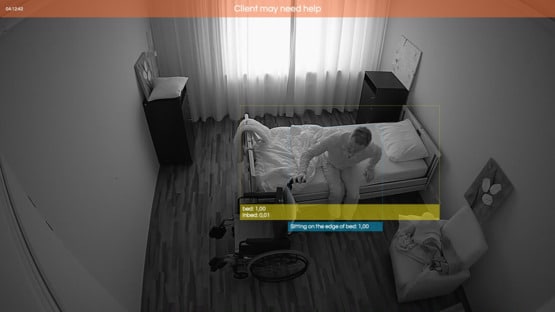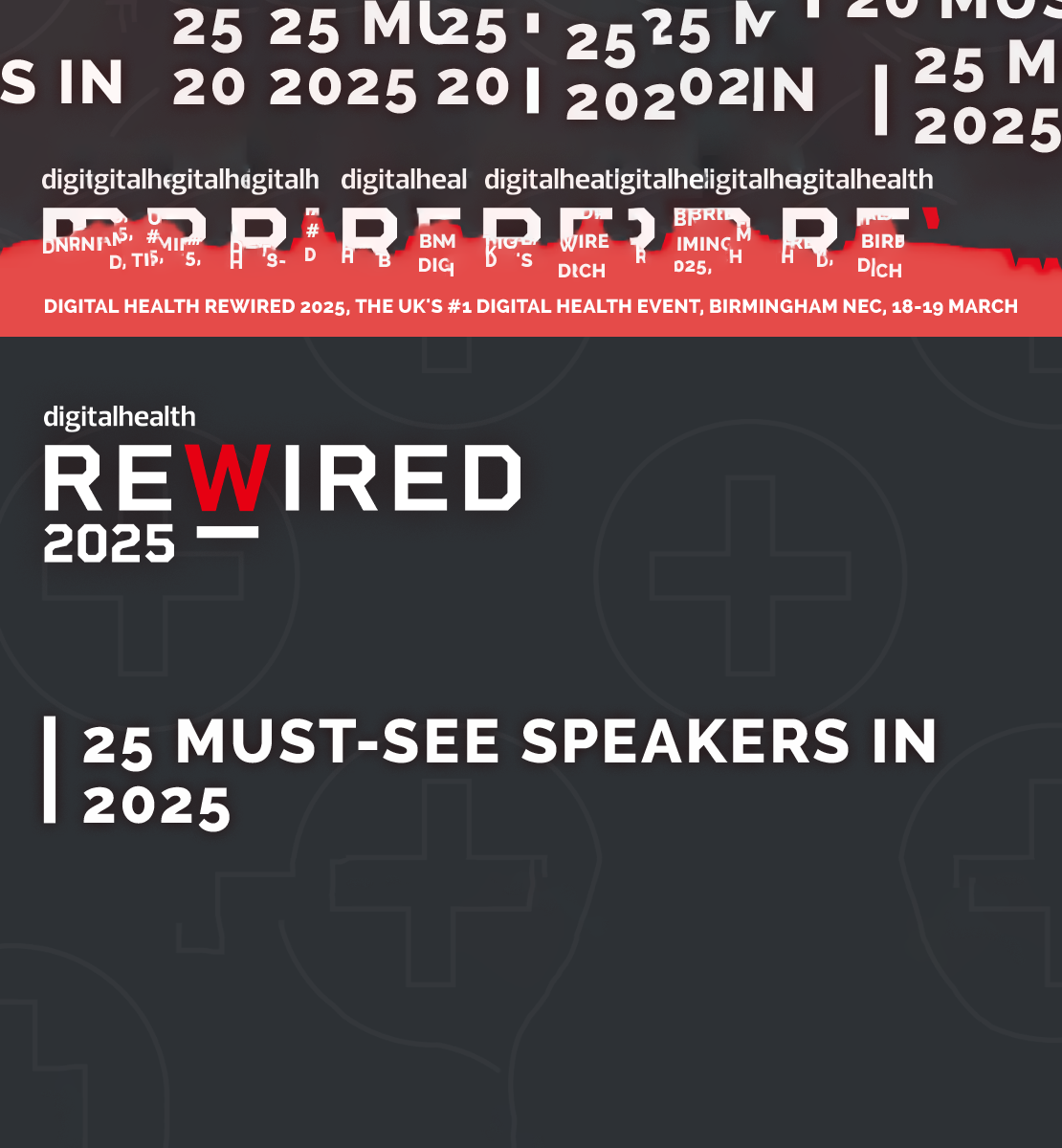Kepler Vision Technologies unveils new lying position detection module
- 29 November 2023

Kepler Vision Technologies has announced a brand new feature to its Night Nurse system that analyses a patient’s lying position to monitor when they need to be moved to help eliminate the risk of pressure ulcers.
The newest feature to the system is capable of alerting care staff if a patient has been in the same position for too long, through continuous monitoring.
For bed-bound patients, it is vital they change position regularly to avoid pressure sores and ulcers. Not only can the Night Nurse Lying Position Detection feature help deliver better, safer care to patients but it can also save a significant amount of time and reduce healthcare costs. Manual patient turning can take up to 20 minutes per patient and must be done every two to four hours.
The system can intelligently determine when a patient needs to be moved with timely insights.
It can be leveraged to deliver insight into how often patients change between different lying positions, which can be used to determine their risk of pressure ulcers. In addition, this information can be used to create a schedule for repositioning patients if necessary.
The Amsterdam-based company uses artificial intelligence and a single optical sensor to help safeguard people’s wellbeing, with modules including fall prevention and fall detection.
Harro Stokman, CEO and founder of Kepler Vision Technologies, said: “The sensor and software platform is able to transform information received from a monitored video feed into readable text, alerting staff when they are in need. The Kepler Night Nurse software analyses images on a local on-premise server or runs the software embedded on a camera. After analysis, if a situation is detected requiring the attention of the nurse, an alarm is forwarded to the nurse call system.”
The system is able to send a message within 10 seconds of a fall, allowing staff to quickly on the information. According to the company, it can also eliminate 99% of false alarms.
Stokman explained: “It utilises its AI-powered image analysis programme to immediately identify what is happening and whether it needs to alert a staff member. This technology outperforms motion sensors, bed mats, and wearable monitoring systems in cutting down false alarms by 99.9%, reducing the unnecessary workload of care staff while empowering them to look after the well-being of patients. The notifications are adjustable per client to allow for tailored care, and activity reports show what happened in the room over time – allowing for better care in the long term.”
Kepler Vision Technologies has a presence in its home country The Netherlands, as well as France, Belgium, Norway and Spain. The company is currently negotiating contracts with partners in the UK.
“We are currently exploring a number of different opportunities in the UK where we can implement our system,” said Stokman. “Given the UK’s current difficulties around staff shortages in the NHS, many key workers in the region are overworking and facing increased pressure and burnout. This is something we believe our system can help with, thanks to a reduction in workload and thus stress.”
This summer, a consortium of organisations – including Age NI, Ulster University, the Public Health Agency, Technicare and Southern Health and Social Care Trust – won £1.3m in funding from Innovate UK for its Move More Live More programme, which uses AI to reduce falls among the elderly population.





